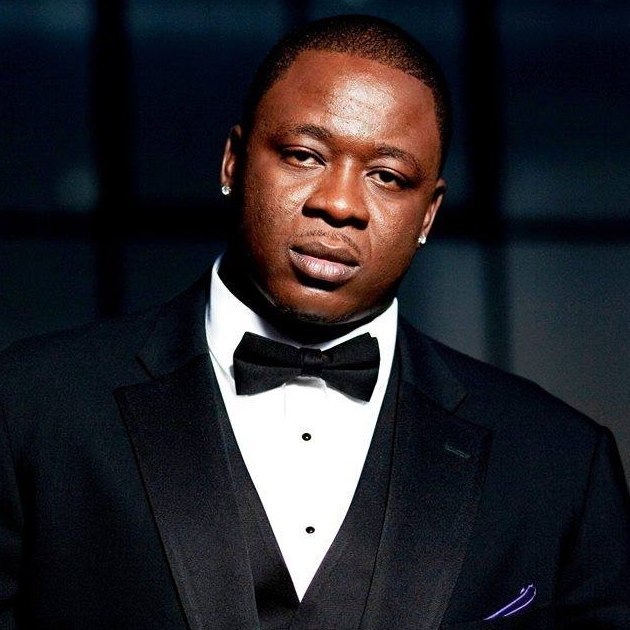
In 2013, I was a Canadian by then. Live on Lakeshore Blvd, west of Toronto, but I had a perplexity. I conceded with a movement that promotes “Canadian Hip Hop” and worried about branding the music by a country. It worried me that, from a sales perspective, that made it unattractive to a global audience. I appreciate that some people view adding the word “Canadian” to the genre as patriotic. And it is the case with many other exchanges but not in music. Especially not Hip-Hop. I thought that crippled the careers of many astounding artists out there. That was my contention in my blog, “ENFRANCHISING A: MADE IN CANADA HIP HOP.”
We create Hip-Hop in Canada, and it’s the same as the original. How would you presume a Reggae artist who promoted her music as “Azerbaijanian Reggae?” This artist wants to remove every element of Jamaican flavor from their Reggae. They want to remove the Jamaican flow, the slang from the genre. They compete with Jamaica. They say, “Azerbaijanian Reggae is more organic than Jamaican ones.” Would Jamaicans want to play that Azerbaijanian Reggae? Would people who appreciate Jamaican Reggae worldwide welcome this new Reggae into their life? Of course, I’m only giving an example in each scenario.
What about Soca? Imagine a Soca artist from Bolivia. This artist promotes his or her Soca music as “Bolivian Soca.” This artist wants to remove every component of Trinidadian flavor from their Soca. They want to remove the Trinidadian essence, the slang, and the style they want to compete with Trinidad and say, “hey, in Bolivia, we make Bolivian Soca, and it’s even more organic than anything Trinidad has ever produced. Would Trinidadians want to dance to that Bolivian Soca? Would other Soca fans respect that new copy of Soca?
Globally Recognized Music Genre
What about Afrobeat? Imagine an Afrobeat artist from America who promotes his or her Afrobeat music as “American Afrobeat.” This artist wants to remove every particle of Nigerian flavor from their Afrobeat. They want to remove the Nigerian slang and melodies; in fact, they want to compete with Nigeria, saying, “hey, in America, we make American Afrobeat, and it’s even more organic than anything the Nigerians have done before” Would Nigerians want to dance to that American Afrobeat? Would Afrobeat fans want to support that new copy of Afrobeat?
So organizations within that country fund the musicians, with the condition that those musicians branded the entire genre after their country even when it was not invented in that country. What you end up looking like is someone who makes a subtype of music that came from elsewhere. You’re not the real thing if you take something someone else already created and name it after yourself or your country. If we took that product and said it’s the same as the original brand and we make it in our language or country, then we sound more authentic. Hence now we can break out to a broader audience.
By saying this, it does not make us any less patriotic than the average Canadian. All it does is specify that we respect the pioneers of the original thing and are so in-depth to such an extent that even though we don’t come from where it was invented, we can spawn the good quality of this type of thing or product. We are in tune, we belong, and we are contributing to the overall legacy of the whole thing.*

